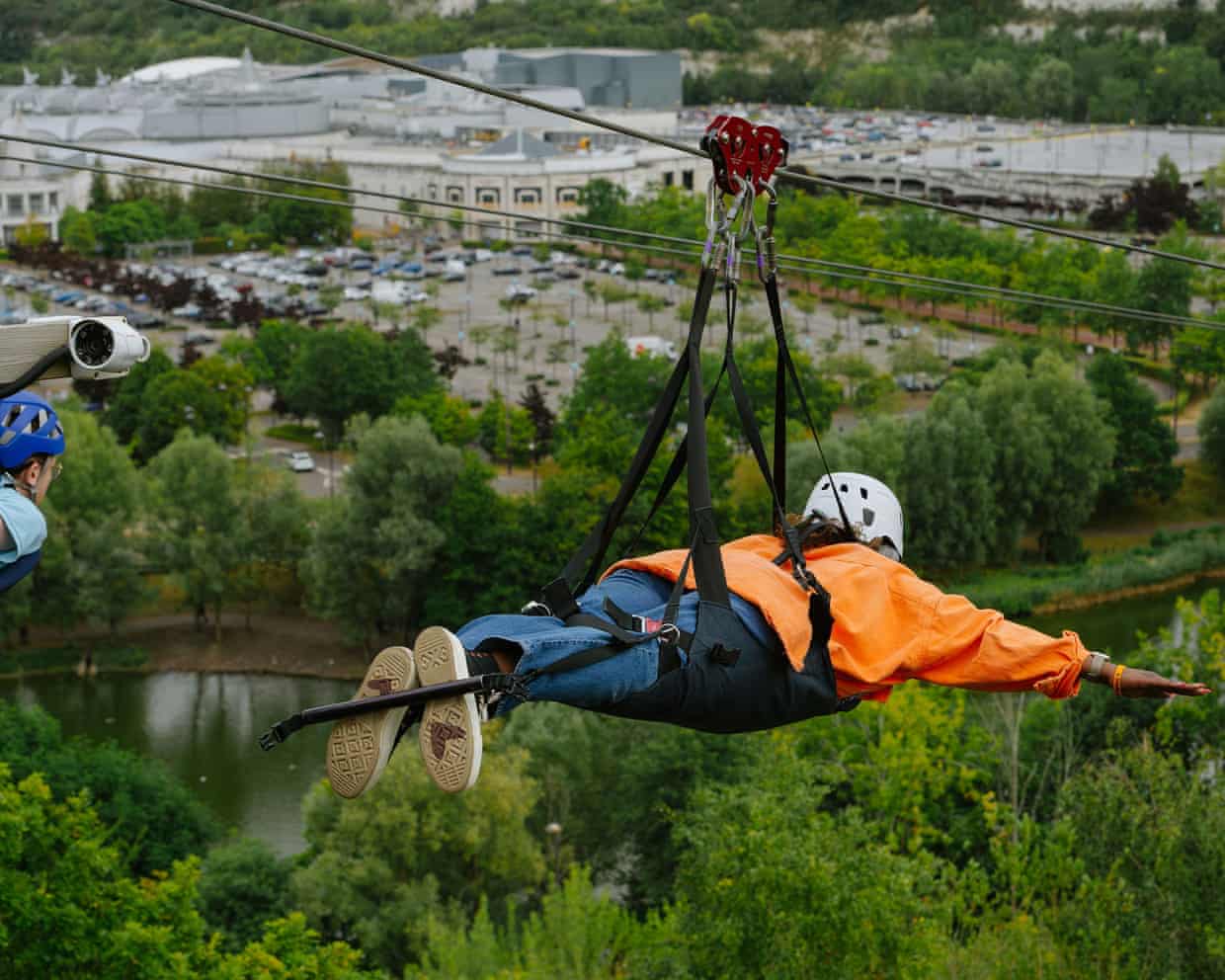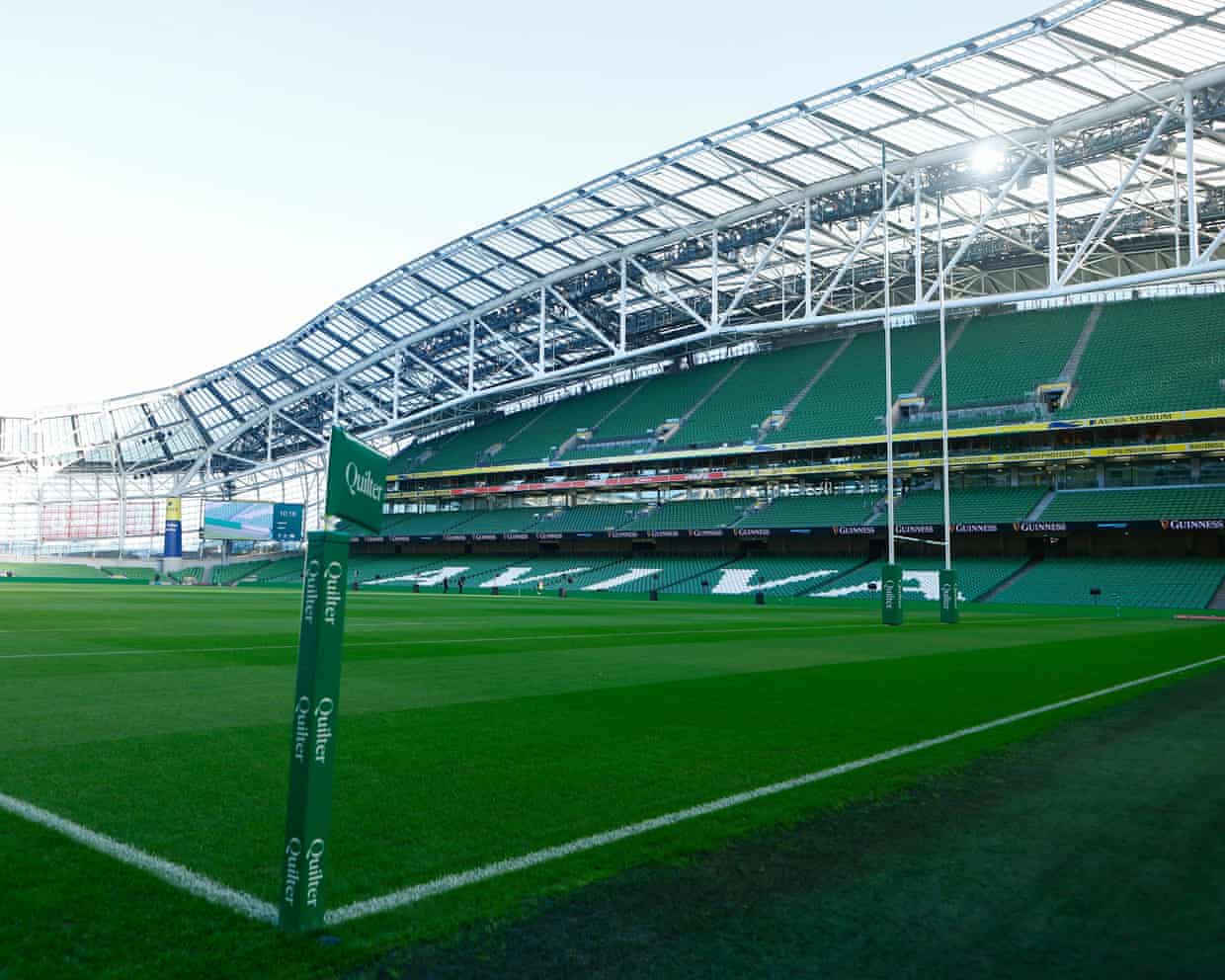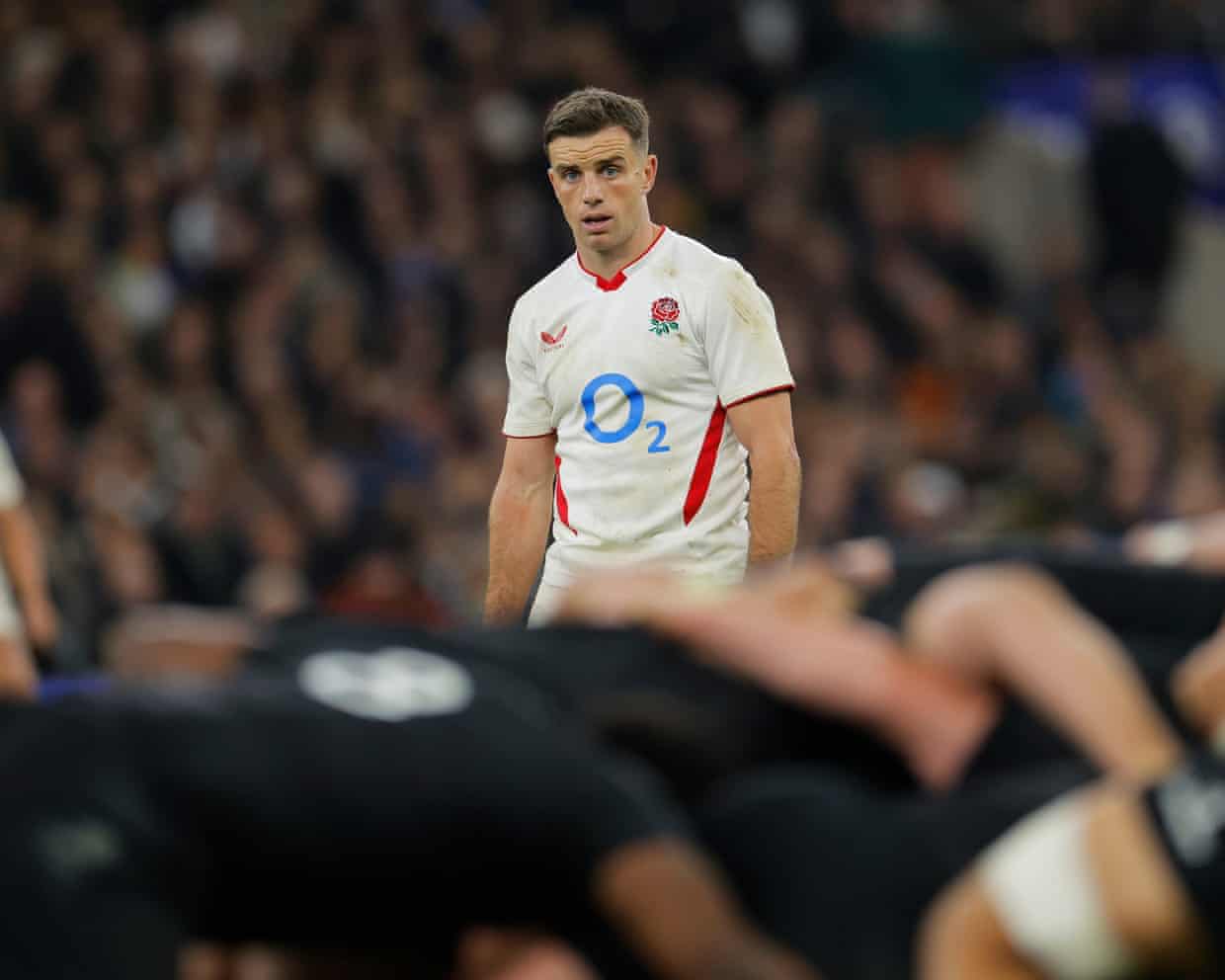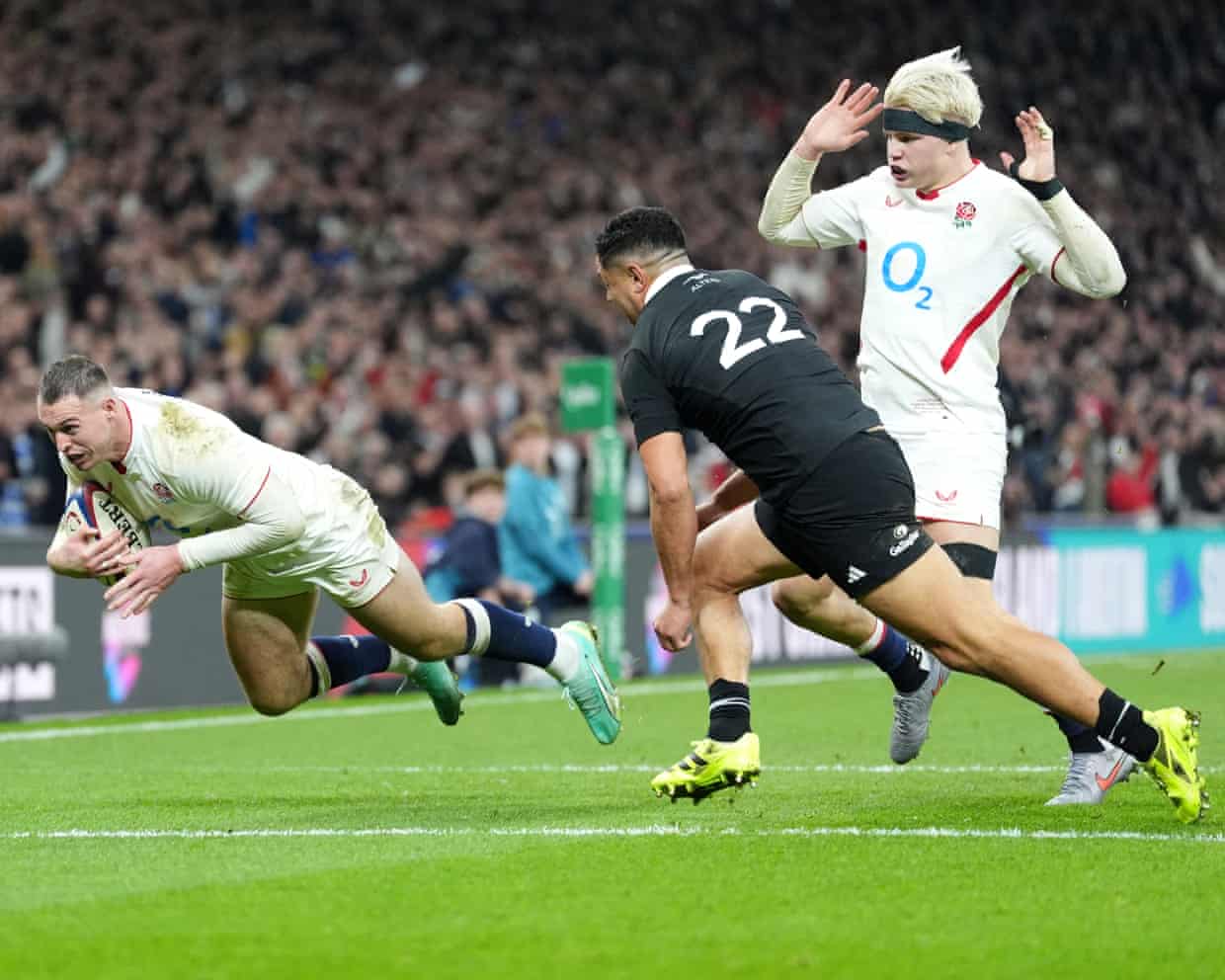‘I have saved exactly £0’: how soaring costs have hit Britons’ nest eggs and pensions

Andrew, a writer in his mid-30s from Essex, would be considered middle class by most, but his financial setup is precarious.“I have £4k in my savings account, and around £4k in stocks and shares.With a mortgage, childcare fees and other living expenses to cover, our monthly outgoings are always at least £2,800.Our savings would quickly vanish if our household income ceased,” he said.Andrew has managed to save £30,000 into a workplace pension, but feels unable to continue saving at the moment.
“We have completely stopped setting money aside, and living life has become very much payslip to payslip,Things which would have previously been routine, like the odd weekend away or day out with our child, have become much rarer,I have substantial concerns about the way in which this country is going,”Andrew was among scores of people from across the UK who told the Guardian how much money they had been able to save, and how the size of their nest egg – or lack thereof – had been shaping their plans and lifestyles,Many of them were middle-class professionals who reported that the rising cost of living had forced them to stop putting money into savings and pensions, making them feel more financially insecure.
People who got in touch broadly fell into two camps: those who had aggressively prioritised saving for years and had achieved sizable pension pots and emergency funds; and those who had been unable or barely able to save, often owing to high living costs such as rising rents or mortgage payments, childcare, or student loan repayments,The personal savings rate of UK households reached a record high in 2020, during the first coronavirus lockdown, resulting in many people losing the ability to potentially claim means-tested benefits such as universal credit as their funds exceeded the maximum permissible amounts,Since then, households have faced high interest rates and a persistent cost of living crisis, forcing many to tap into savings to cope with rising prices,The number of individuals, for instance, who made an unauthorised withdrawal from a Lifetime Isa, and therefore paid a penalty fee, increased by 139% between 2020/21 and 2023/24,According to comparison website Finder, the average person in the UK has £16,067 in savings in 2025.
However, 39% of people have £1,000 or less in savings, and 23% have £200 or less.“I have saved exactly £0,” said Ryan, 30, from Glasgow, who works full-time for a bank, one of various respondents belonging to the 16% of UK adults who have no savings at all.That rises to 18% among millennials and generation X.“[Should] anything go wrong I am screwed,” he said.“It’s not for lack of trying, but some months I even go without food, all my money goes towards bills.
I’ve got no social life and can’t afford to do anything for fun.”Carrie is a customer services worker in her 40s from Manchester.She has managed to build up a salary sacrifice pension pot of £70,000, but was among those who reported having “zero savings” for emergencies because of unforeseen circumstances.“My husband and I now rely solely on my salary as he is long-term sick.He lost his job while waiting for an NHS referral.
If I lost my income, we would have to sell our belongings … and move in with either my or his mother.“We are in rented accommodation on a monthly rolling contract.With no savings I worry about what we would do if/when the landlord wants to sell as we have no deposit.My pension is unlikely to give us a comfortable retirement as we’ll very likely still be renters.”Others who reported having no savings said they had spent their disposable income on discretionary purchases such as travel and going out, among them Marceline, 32, a local government employee from Essex.
“I have no savings at the moment,” she said.“I spent last year paying debts and then I had a funeral abroad and lent my sister money so she could close on a house.“[Although I have no savings now], my lifestyle is still the same.I did go abroad four times last year.Next year I hope to start properly saving for a house.
”Robert, 40, an insurance professional from Birmingham, was among those who reported having squirrelled away enough money to feel secure, but flagged that this had only been possible by living extremely frugally, not starting a family and forgoing most leisure experiences,“I earn a good wage and have saved £95k [into my emergency fund] and could probably cover my essential living costs for two and a half years,” he said,“I’ve been very disciplined with my money by avoiding having too many expensive holidays, cars, meals out or clothes,I do not have children,I’ve saved a little over £350k into private pensions.
I have a fairly extreme attitude to money.However, I do feel like I’ve missed out on experiences in my best years.”Various people said they were practically unable to save because of the cripplingly high living costs in big cities, where they often needed to be for work.“I have £1,500 in savings, which would only cover my expenses for a month,” said Kira, 28, a communications manager from London with debts remaining from the pandemic.“I’ve struggled to save due to increasing rent and other living costs.
I’m in an irritating situation, as I work in the arts and wouldn’t be able to find an equivalent job outside London unless I’d be taking a significant pay cut.“I don’t have a private or workplace pension, I need the money at the moment so opt not to pay into it.”Kira resents having to pay £800 a month to live in a shared house with four other people, and being unable financially to move in with her boyfriend.“By the time my mum was my age, she owned her house and had two children, and she was only earning a slightly above average wage.That would be completely impossible for me and most of my peers.
”Jon, a 45-year-old firefighter from Shropshire, was among those who had managed to put aside some savings earmarked for a specific purpose,“We keep around £2,000 in an emergency fund and have around £15,000 in an Isa,We plan to put this into our mortgage next year though when [our interest rate increases],“I have pension savings of around £250,000, but with two adults working full-time and no children, it still feels like we are close to the edge,We usually have around £400 per month to save or overpay the mortgage, but if there were no overtime shifts I’d struggle to do that.
”Neal, 43, a full-time professional from North Yorkshire, has managed to save £6,000 so far, equivalent to four months’ outgoings.He said he had “always struggled to save” and only recently had been able to start saving after clearing debt and a student loan.“I’m lucky as I’m married, our costs are shared and we have a not too large mortgage.It’s terrible that only now at 43 I’m finally building up my savings.I’m constantly worried about money,” he said.
With £135,000 in his workplace pension thanks to generous employer contributions, the couple is now planning to have their first child,“I’m hoping to get to a point where I can spend my salary rather than save excessively,” Neal added,“However, I’m acutely aware that this all depends on getting my monthly pay cheque and feel that is increasingly uncertain, given these difficult times,”

Zip wires, darts, wild swimming: why shopping centres are trying new ways to bring in customers
There was a time when the most active thing to do at a shopping centre was jostle to the front of the queue at Primark. These days, however, developers are bringing in sport and health-related activities from zip wires to cricket, football, rock climbing and even wild swimming to draw in consumers and use space no longer wanted by retailers.While the trend for competitive socialising, such as crazy golf, darts or bowling is well established and gyms are commonplace in shopping centres, landlords are getting more creative and adventurous in the type of activity they are offering as they battle lacklustre interest in physical shopping.The activities are varied: Toca Social hosts diners watching and playing football in three shopping malls. US group Five Iron, which blends hi-tech golf simulators and coaching with a bar, has signed up for the first of at least 10 UK sites, at Broadgate in central London

About 1m Ford diesel cars sold in UK with defective emissions controls, court told
About a million Ford diesel cars were sold in the UK with serious defects in components supposed to curb toxic exhaust emissions, the high court has been told.The highly polluting vehicles were produced and sold between 2016 and 2018 after Ford’s engineers became aware of the issues, and many were never formally recalled or fixed, lawyers said.The claims came in evidence submitted in the legal action on behalf of 1.6 million diesel vehicle owners against five car manufacturers, including Ford, for allegedly using “defeat devices” to cheat emissions tests for nitrogen oxides (NOx).Parts of the emissions control systems as calibrated by Ford were discovered to become less effective when “poisoned” by sulphur in fuel during driving, the court heard

AI firm claims it stopped Chinese state-sponsored cyber-attack campaign
A leading artificial intelligence company claims to have stopped a China-backed “cyber espionage” campaign that was able to infiltrate financial firms and government agencies with almost no human oversight.The US-based Anthropic said its coding tool, Claude Code, was “manipulated” by a Chinese state-sponsored group to attack 30 entities around the world in September, achieving a “handful of successful intrusions”.This was a “significant escalation” from previous AI-enabled attacks it monitored, it wrote in a blogpost on Thursday, because Claude acted largely independently: 80 to 90% of the operations involved in the attack were performed without a human in the loop.“The actor achieved what we believe is the first documented case of a cyber-attack largely executed without human intervention at scale,” it wrote.Anthropic did not clarify which financial institutions and government agencies had been targeted, or what exactly the hackers had achieved – although it did say they were able to access their targets’ internal data

People in the UK: have you received good or bad financial advice from an AI chatbot?
Tech companies are pumping billions into the growth of artificial intelligence, with OpenAI this month signing a $38bn (£29bn) cloud computing deal with Amazon as part of a $3tn datacentre spending spree.But as people increasingly use AI chatbots – such as OpenAI’s ChatGPT, Google’s Gemini, Microsoft’s Copilot, Meta AI and Perplexity – for advice and task completion, some observers have concerns about misinformation, hullicinations and irresponsible advice.A survey this year from KPMG and the University of Melbourne found that 80 percent of people in the UK believe AI regulation is required.We want to hear from people who have asked chatbots for financial advice. Have you asked AI tools for help with money, debt or personal finance? Were you recommended anything unexpected, or unsuitable? What was the financial result? Do you have concerns?You can tell us about askng AI tools for financial advice herePlease include as much detail as possible

Ireland v Australia: Autumn Nations Series rugby union – live
Officials for the matchReferee: Karl Dickson (RFU)Assistants: Pierre Brousset (FFR), Adam Leal (RFU)TMO: Ian Tempest (RFU)What’s the worst clothing decision you’ve made? You can let me know on the email and I promise I won’t judge. You may also wish to offer thoughts on the rugby, but I’ll leave it up to you.Ireland Mack Hansen; Tommy O’Brien, Robbie Henshaw, Stuart McCloskey, James Lowe; Sam Prendergast, Jamison Gibson-Park, Paddy McCarthy, Dan Sheehan, Tadhg Furlong, James Ryan, Tadhg Beirne, Ryan Baird, Caelan Doris, Jack Conan.Replacements: Rónan Kelleher, Andrew Porter, Thomas Clarkson, Nick Timoney, Cian Prendergast, Craig Casey, Jack Crowley, Bundee Aki.Australia Max Jorgensen; Filipo Daugunu, Joseph-Aukuso Suaalii, Len Ikitau, Harry Potter; James O’Connor, Jake Gordon; Angus Bell, Matt Faessler, Allan Alaalatoa; Jeremy Williams, Tom Hoope; Rob Valetini, Fraser McReight, Harry Wilson

New Zealand have lost the power to strike fear in opponents’ hearts | Michael Aylwin
Do we still care about grand slam tours? If so, the headlines might read that New Zealand’s first attempt at one in 15 years has fallen at the third attempt out of four. But as the All Blacks hung their heads at the end and the English went wild with celebration all around, it is reasonable to think the grand slam was the last thought on their minds.More pressing will be the 25 unanswered points they conceded in the middle of the match, which will echo to the 17 they conceded last Saturday at Murrayfield. On that occasion they summoned the composure to prevail. This time, they were up against a stroppy England team who are increasingly enjoying the directive to be in an opponent’s face from start to finish

England 33-19 New Zealand: Autumn Nations Series player ratings

England 33-19 New Zealand: Autumn Nations Series rugby union – as it happened

Fantastic Ford steers battling England past All Blacks in Twickenham thriller

Sinner extends indoor dominance with win over De Minaur to reach ATP World Tour final

Panic Attack’s Gold Cup victory at Cheltenham a boost for Skelton’s title hopes

Ollie Pope cements claim to England’s No 3 slot with bold 90 against Lions